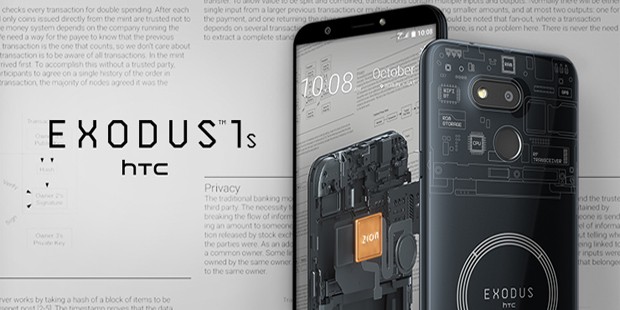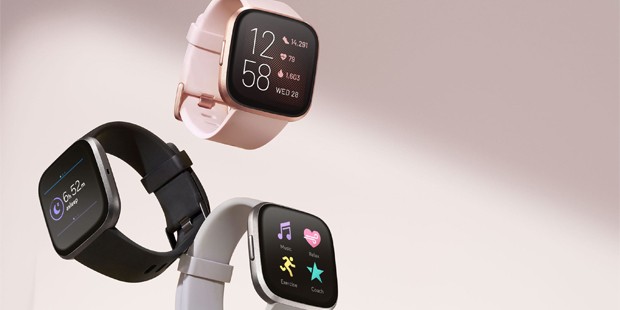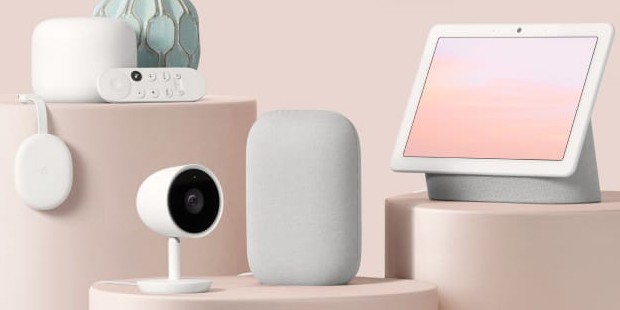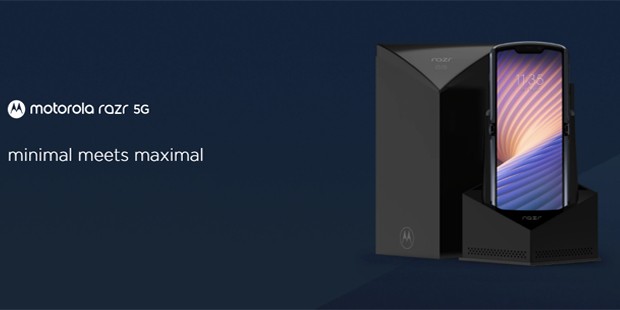9 Most Expensive Google Acquisitions

Google, through its parent company Alphabet Inc., didn’t become a trillion-dollar company by simply laying low. It has made aggressive moves over the years, acquiring numerous companies to expand its portfolio as well as further increase its revenue. Over 200 companies have now been acquired by the tech giant, with each business acquisition costing the company no less than $1 million. Here are nine of the most expensive acquisitions Google has ever made:
1. AdMob - $750 Million
In 2009, mobile advertising company AdMob joined Google after being acquired for $750 million. Although the deal was not considered a big risk, mobile advertising was still in its infancy stages. Google was banking on potential as mobile ad revenues were rapidly increasing during the time it acquired AdMob. The mobile ad company was founded in 2006 and had a network of more than 15,000 websites and applications.
2. HTC - $1.1 Billion
In an effort to boost its hardware capabilities, Google acquired HTC’s smartphone division in 2018 for around $1.1 billion. The Taiwan-based consumer electronics manufacturer released its first smartphone in 2008 but despite a strong performance on its home soil it was struggling to gain market share anywhere else. Smartphone giants Samsung and Apple, and later Chinese brands Huawei and Oppo were all providing stiff competition for HTC.

As Google was looking to expand its own smartphone business, it looked to HTC to create an advantage against competitors. The deal resulted in the transfer of over 2,000 HTC smartphone engineers as well as Google receiving a non-exclusive license for HTC’s intellectual property. The deal is also projected to increase Google’s presence in the Asia-Pacific market, with the company now taking full control of HTC’s vast engineering base in Taipei.
3. Waze - $1.1 Billion
To further improve the capabilities of its mapping service, Google Maps, Google acquired Israel-based web mapping company Waze for $1.1 billion. The deal was completed in 2013 and gave Google access to Waze’s 50 million users in over 13 countries around the world. Despite already being a powerful mapping service, Google Maps lags behind Waze in providing detailed information regarding traffic congestion and average traveling times. Additionally, Waze also allows users to share info regarding slowdowns, speed traps, and road closures— features that Google Maps didn’t previously have.
4. YouTube - $1.7 Billion
If you’ve been oblivious of any tech news in the past 20 years, it should surprise you that Google owns YouTube. Google acquired the video streaming platform in 2006 for $1.7 billion and no other acquisition up to this day has made Google more money than it has with YouTube. After only launching in 2005, the video streaming and sharing startup had already accumulated more than 50 million users. This attracted interest not just from Google, but also from Microsoft, Yahoo, News Corporation, and Viacom.

With several companies looking to strike a major acquisition deal, YouTube founders Steve Chen and Chad Hurley eventually chose Google as they believed that the two companies were the best fit for each other in terms of technology and culture. In 2019 alone, YouTube recorded over 2 billion monthly users and $15 billion in revenues— no other video streaming platform has come close to reaching these numbers.
5. Fitbit - $2.1 Billion
Set to be one of the largest acquisitions in Google’s history, the company announced that it was acquiring consumer electronics and fitness company Fitbit for $2.1 billion. The deal is expected to be completed in the last quarter of 2020. Similar to its acquisition of HTC and Waze, Google purchasing Fitbit is another step the company is taking to improve significantly its hardware and software. The company also enters into a wearable devices market dominated by Apple (Apple Watch), Xiaomi (Mi Band), and Samsung (Samsung Galaxy Watch).

Founded in 2007, Fitbit is one of the pioneering brands in health-based smart wearables and one of the first to introduce real-time tracking through a fitness tracker and smartphone syncing. Among Fitbit’s main features include heart rate, fitness activity, and sleep pattern monitoring. Although Google has yet to officially enter into wearables territory, it is already facing scrutiny from EU regulators since the company will apparently get access to millions of sensitive healthcare information.
6. Looker - $2.6 Billion
Google entered the data analytics market by acquiring data analytics startup Looker for $2.6 billion. Founded in 2012, Looker was seeing tremendous growth having raised $280 million in capitalization and generating $100 million in annual revenues since being launched. Aside from the startup growing fast, the big data and business analytics (BDA) solutions industry is projected to grow fast as well with worldwide revenues expected to reach $260 billion by 2022. Looker is an artificial intelligence analytics platform that enables users to connect, analyze, and visualize data across multi-cloud and hybrid cloud environments.
7. DoubleClick - $3.1 Billion
Two years before Google acquired AdMob, it acquired another online advertising company in the form of DoubleClick. The deal was completed in 2007 and cost Google $3.1 billion in an all-cash deal. The sale gave access to DoubleClick’s advertisement software and relationship with thousands of Web publishers and advertisers. The New York-based advertising company generated $300 million in revenues in 2006 and was mostly responsible for helping Google turn into the ad behemoth that it is known today.
8. Nest Labs - $3.2 Billion

Nest Labs became one of the most expensive Google subsidiaries as it was acquired for $3.2 billion. The connected device company was founded in 2010 by former Apple engineers Tony Fadell and Matt Rogers. In 2011, Nest released its first product: the programmable, self-learning, sensor-driven, and Wi-Fi-enabled thermostat called the Nest Learning Thermostat. With the Nest Thermostat’s success, the company soon started developing more smart home products such as smoke detectors, routers, and security systems (doorbells, cameras and smart locks). Google completed the acquisition in 2014 and Nest Labs was rebranded as Google Nest five years later.
9. Motorola Mobility - $12.5 billion
The acquisition of Motorola Mobility is Google’s most expensive acquisition to date. The deal was completed in 2012 and cost Google a massive $12.5 billion. Two years later, Google sold Motorola to Lenovo for a quarter of the price it initially bought for: $2.9 billion. Although Google, particularly CEO Larry Page mentioned in a 2012 press release that the purchase was aimed to turn Motorola into a major player in the Android ecosystem, many consider the acquisition was actually geared more towards Google taking control of Motorola’s numerous patents. Additionally, with Microsoft and Apple suing Android handset makers left and right, it would make sense for Google to protect its Android partners by striking a timely yet costly acquisition.

As predicted, Google’s Motorola phones the Moto G and the Moto X failed to make a dent in the smartphone market. Motorola was eventually sold off to China-based Lenovo in 2014 for $2.9 billion. Lenovo is hopeful that Motorola’s 90-year history in the US market will help them give an edge against competitors.
At the pace that Google is going these days, more acquisitions are likely to be made. But whether the multinational conglomerate completes a purchase much larger than it did with Motorola remains to be seen.









